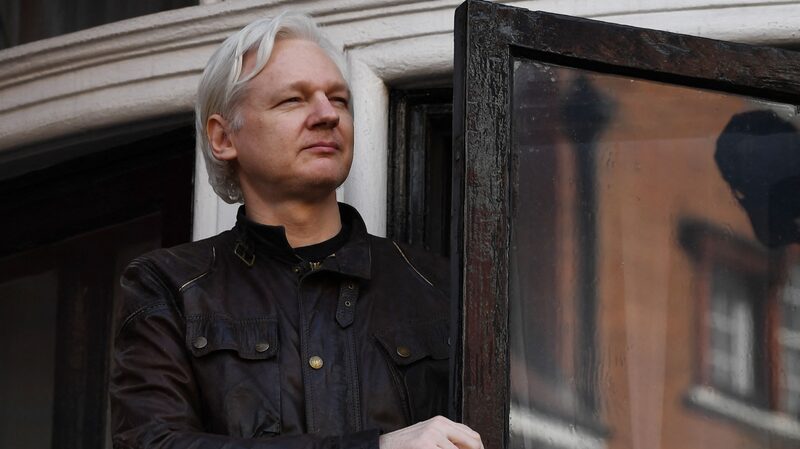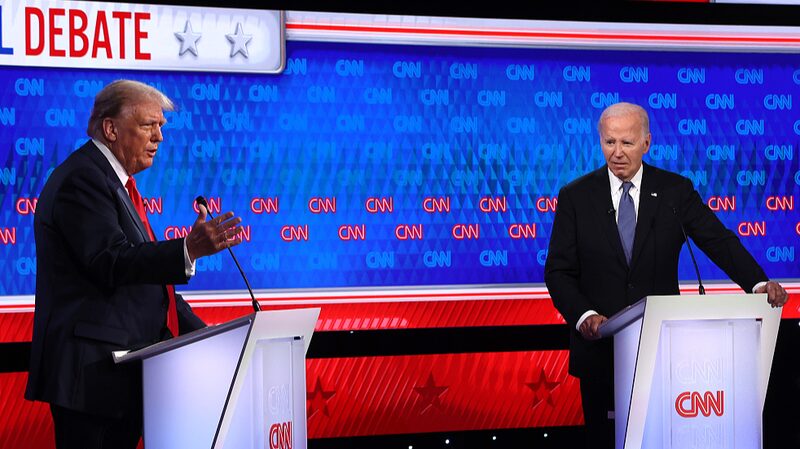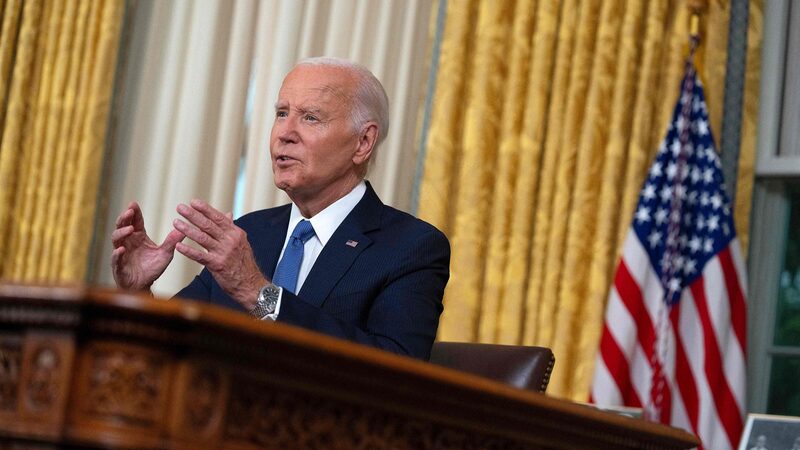WikiLeaks founder Julian Assange is finally free after striking a plea deal with U.S. authorities, ending a 14-year legal saga that’s captivated the world. But while his release brings relief to supporters, critics argue it’s a hollow victory for press freedom — and a strategic escape route for the Biden administration. 💼⚖️
Assange, who spent years in London’s Belmarsh Prison and Ecuador’s embassy, admitted to one count of conspiring to obtain and disclose U.S. military secrets. The deal narrowly avoids a risky courtroom battle ahead of U.S. elections, but sets a chilling precedent: journalists worldwide now face blurred lines between ‘reporting’ and ‘espionage.’ 🚨
Why does this matter? The charges hinge on the 1917 Espionage Act — a law critics say could criminalize everyday journalism. As one analyst put it: \"If uncovering govt secrets = treason, how do we hold power accountable?\" 📰🔍
For now, Assange is home in Australia. But the bigger story remains: in our TikTok-and-truth era, his case forces us to ask: Who gets to control the narrative? 🌐✨
Reference(s):
cgtn.com





